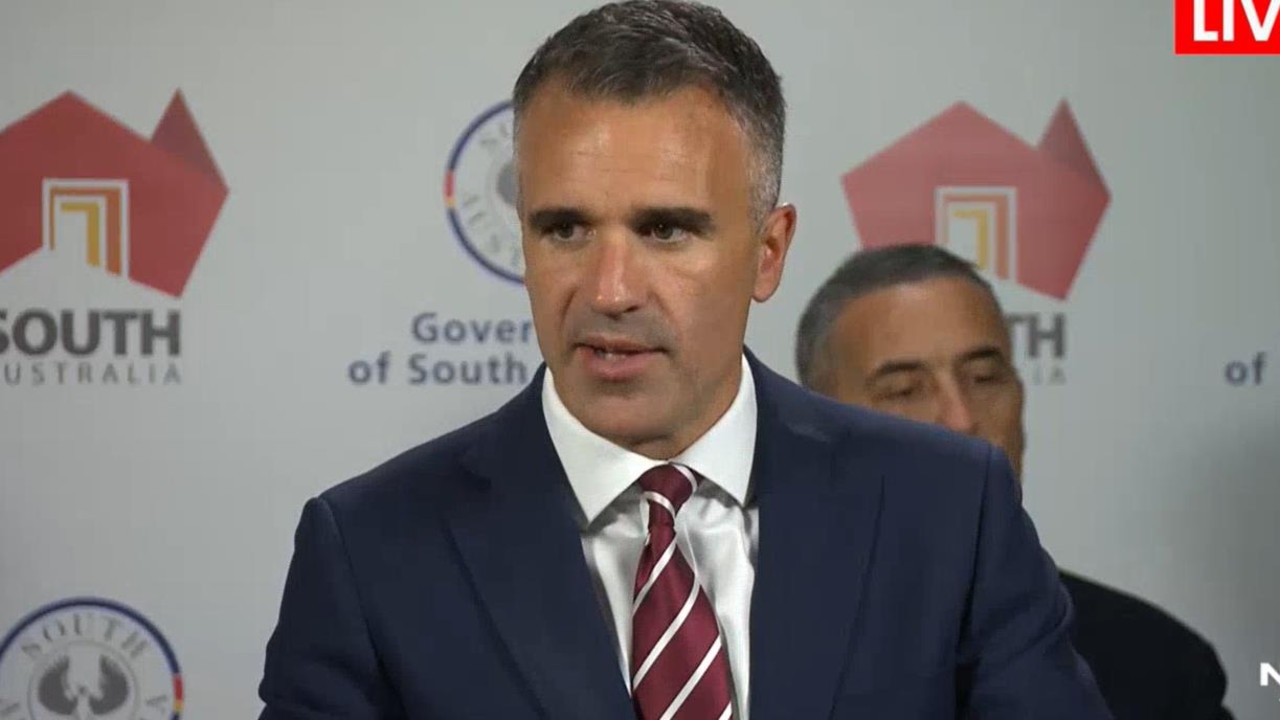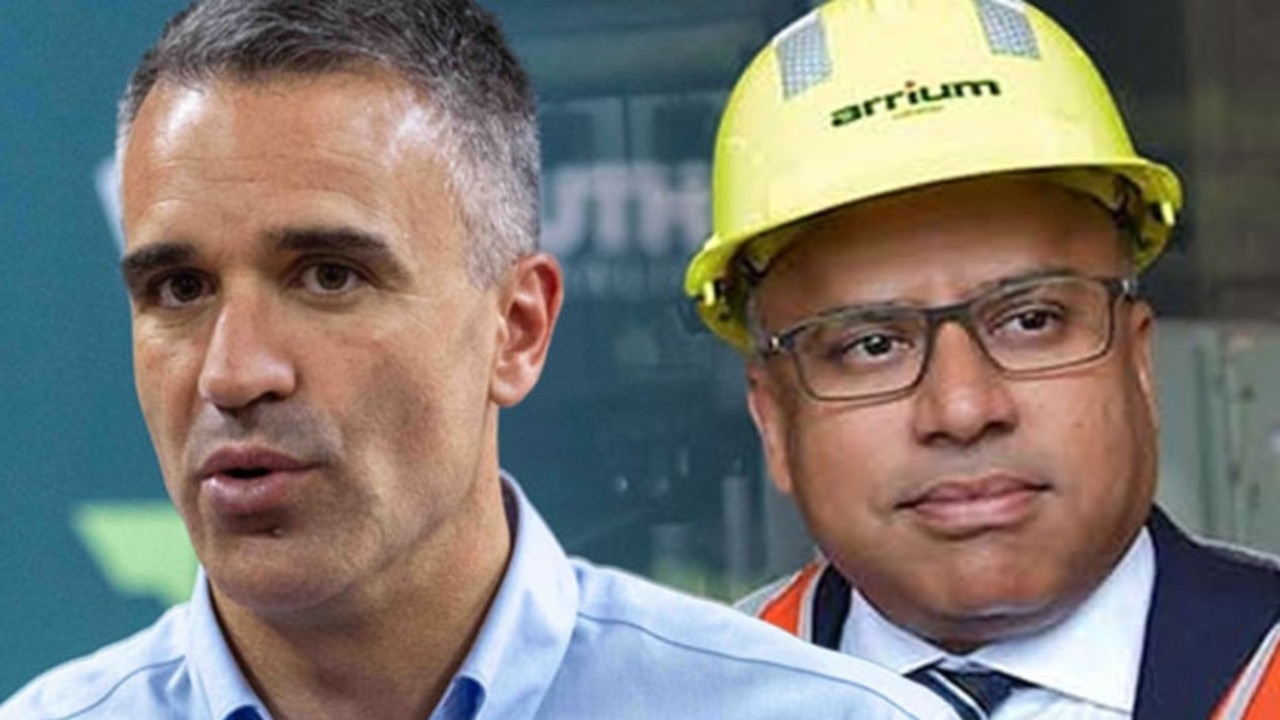Media legend Graeme Goodings: ‘I don’t know the name of the intern but he saved my life’
Graeme Goodings is only here today thanks to a diligent intern. He would love to thank him – but doesn’t know where to find him. Can you help?
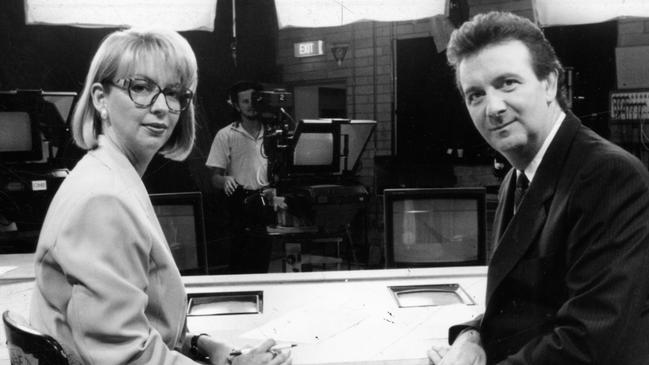
SA News
Don't miss out on the headlines from SA News. Followed categories will be added to My News.
Media stalwart Graeme Goodings is loving life as Mornings host on FIVEAA but a little over 20 years ago an alarming diagnosis came out of the blue that forced the then Channel 7 newsreader to face his own mortality.
It was a beautiful day, fine and sunny … and I had a late start. There was nothing in the house for lunch, so I said to my wife, Eve, “Let’s say I get a yiros?”
Not really good for the waistline, but tasty!
Then I went to work, read the news, had some updates to do, and on the way home I started to get a knotted feeling in the chest.
I thought it was a bit of indigestion, probably from the yiros, but it gradually got worse … I was in pain.
The Advertiser news app for phones and tablets: How to make the most of its new features
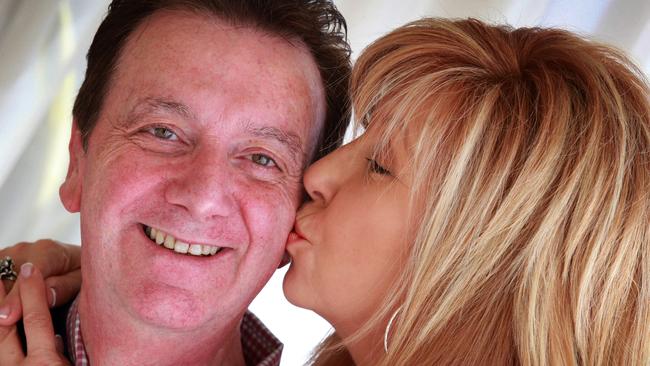
Eve said, “You could be having a heart attack.” Long story short, she put me in the car and took me to the emergency department at Wakefield Hospital.
Just after midnight they ran some tests, and I gradually started to feel better.
A doctor told me, “It looks like you’ve had a major gastric disturbance that has passed through, and you’re fine … it was nothing to do with your heart.”
He said, “I’m doing my internship and we have to do certain tests to pass. Would you mind if I ran a couple of extra tests?”
It was about four in the morning, I had nowhere else to go so I agreed.
He came back about an hour later and said, “I’m a bit concerned. I’ve seen something on one of the tests that I think you should get looked at.”
I went to see a specialist who said: “Graeme, you’ve got colorectal cancer and it’s at stage three, and we’re going to have to do something quick.”
When you get that news, everything clouds over, and things that were important don’t matter anymore.
I was barely hearing what he was saying.
All these things are going through your brain … but I did say, “I suppose the yiros incident was the first indication?”, because I’d had no symptoms.
It had absolutely nothing to do with it.
The specialist told me, “If that intern hadn’t done the other tests it would not have been detected.”
“Probably in six to 12 months you would not be here.”
I don’t know the name of the intern but he saved my life.
I was a typical male: “I’m bulletproof.”
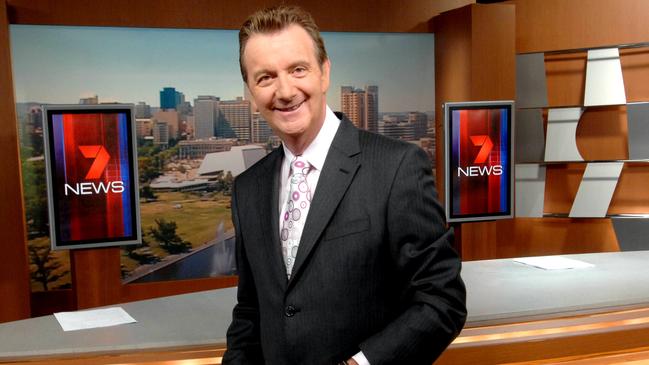
During my 20 years at Channel 7, I’d only had a handful of sick days. I loved my job and didn’t want anyone else doing it.
I didn’t even have a doctor. My GP moved to Queensland in the early ’90s. and I hadn’t been to a doctor since.
I was my own worst enemy. After surgery (editor’s note: Graeme’s lower bowel was removed), I had chemo, radiotherapy and complementary medicine as a combined cocktail, and I took eight months off work.
I was in a lot of physical plain, recovering from the surgery and accommodating the fact that things had changed. I couldn’t eat certain foods or drink certain drinks, and I learned never to be too far from a toilet.
You type “colorectal cancer, stage three, chances of survival” into Google … you shouldn’t.
I can’t recall the numbers exactly, but it was something like “73 per cent chance of dying within two years and 27 per cent of surviving”.
My radiation therapist had a whiteboard in his office and, after I told him about the figures, and he drew this chart: “Do you want to be on the survival side or the death side?”
I said: “Survival side, of course.”
He said: “That’s where you are,” and I said “You can’t do that … statistics say otherwise.”
He said: “Are you a statistic? They’re just numbers that have been correlated by lots of different people …”
I walked out of that appointment with that mindset.
A positive attitude might not increase your chances of survival, but your quality of life will improve dramatically.
You get on with your life, as opposed to sitting in the corner thinking “woe is me … it’s all over.”
After taking almost a year off I got the green light. My oncologist said there was no trace of cancer.
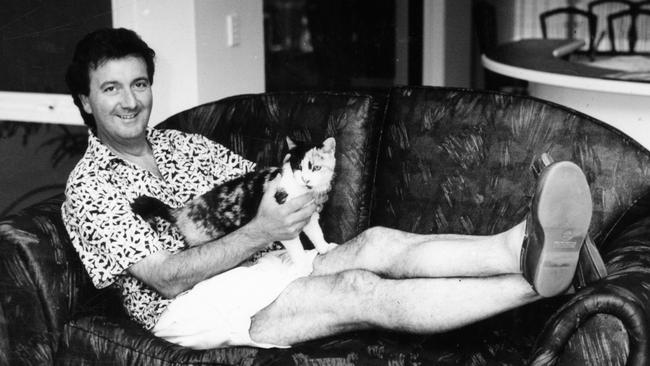
I have been an ambassador for the Jodi Lee Bowel Cancer Foundation for years.
I have the greatest admiration for (founder) Nick Lee for what he’s been able to achieve – not on a state but a national level – raising awareness for cancer.
Losing his wife, Jodi, at such a young age (40) … it’s a tragic story that he has turned around to help countless people.
Anything I can do to help, I will.
I impress upon my sons and all men, don’t forgo tests, even if it might be an inconvenience, an annoyance, and you think you’re healthy …
You get to a certain age, probably around 40, and you just need to have a medical check-up.
It was a tough lesson and I learned the hard way, but I’m lucky enough to still be here to tell my story.
Do you know, or are you, the intern who helped Graeme? Email anna.vlach@news.com.au
More Coverage
Originally published as Media legend Graeme Goodings: ‘I don’t know the name of the intern but he saved my life’



